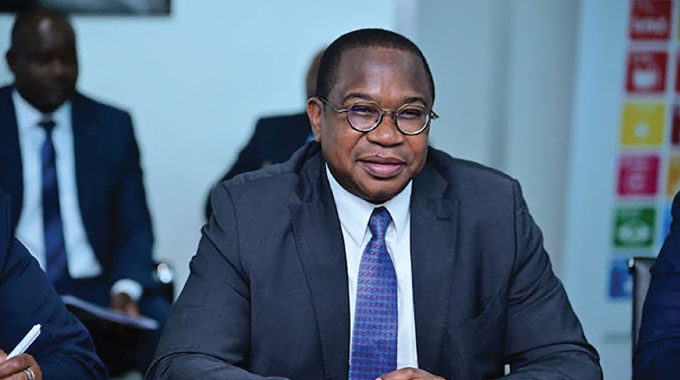Sikhulekelani Moyo, [email protected]
FINANCE, Economic Development, and Investment Promotion Minister Professor Mthuli Ncube has urged African countries to collaborate and drive mineral beneficiation and value addition to improve the continent’s contribution to the global economy.
Speaking at a briefing on the World Economic Forum (WEF) meeting in Davos, Switzerland, Prof Ncube emphasised the importance of working together to maximise benefits from new energy minerals.
Zimbabwe has already taken steps in this direction by banning the export of raw lithium and promoting value addition and mineral beneficiation.
However, Prof Ncube acknowledged that regulating these sectors is challenging due to smuggling but stressed that beneficiation and value addition are crucial for unlocking business potential and supporting local communities.

“The future-led minerals are key in Zimbabwe and Africa must position itself appropriately to take advantage. It is the new oil since we don’t have massive oil,” said Prof Ncube. “We should also collaborate with other countries that have similar endowments, be it South Africa, Botswana or DRC.
We collaborate to create regional policy positions that will help us all maximise benefits from new energy minerals.”
Prof Ncube also stressed the importance of South Africa’s upcoming presidency of the G20 in promoting Africa’s interests, particularly in building resilience, accessing climate finance, and promoting investments in green economies. “We look forward to Zimbabwe’s contribution to the G20 agenda. I have been contributing to some of the themes using my other hat as the chair of the Committee of African Finance Ministers this year where we had conversations on the future of energy minerals, how to reform the global financial system and also how to access climate finance,” said Prof Ncube.
At the WEF annual meetings in Davos, Zimbabwe positioned itself to make a significant impact by advocating for crucial reforms to the global financial architecture.
Prof Ncube led the Zimbabwe delegation and emphasised the need to reform the international financial system to better serve developing nations, particularly in Africa.
He also discussed Zimbabwe’s plans to access climate funding, highlighting the need to invest in electric cars, cleaner railway infrastructure, and other initiatives.
By leveraging climate funding, Zimbabwe aims to turn climate challenges into opportunities for investment and growth. — @SikhulekelaniM1

